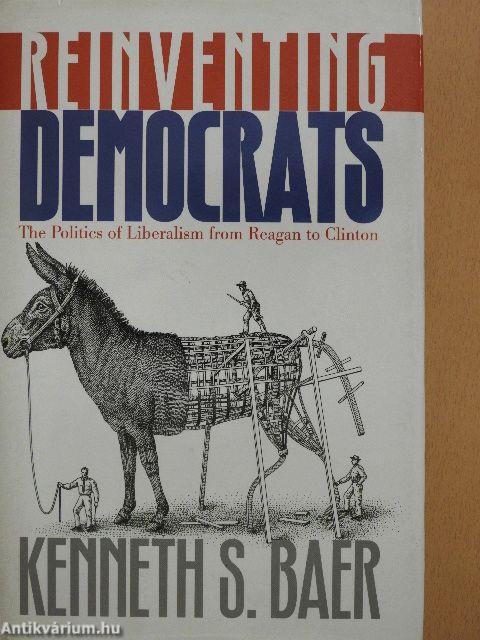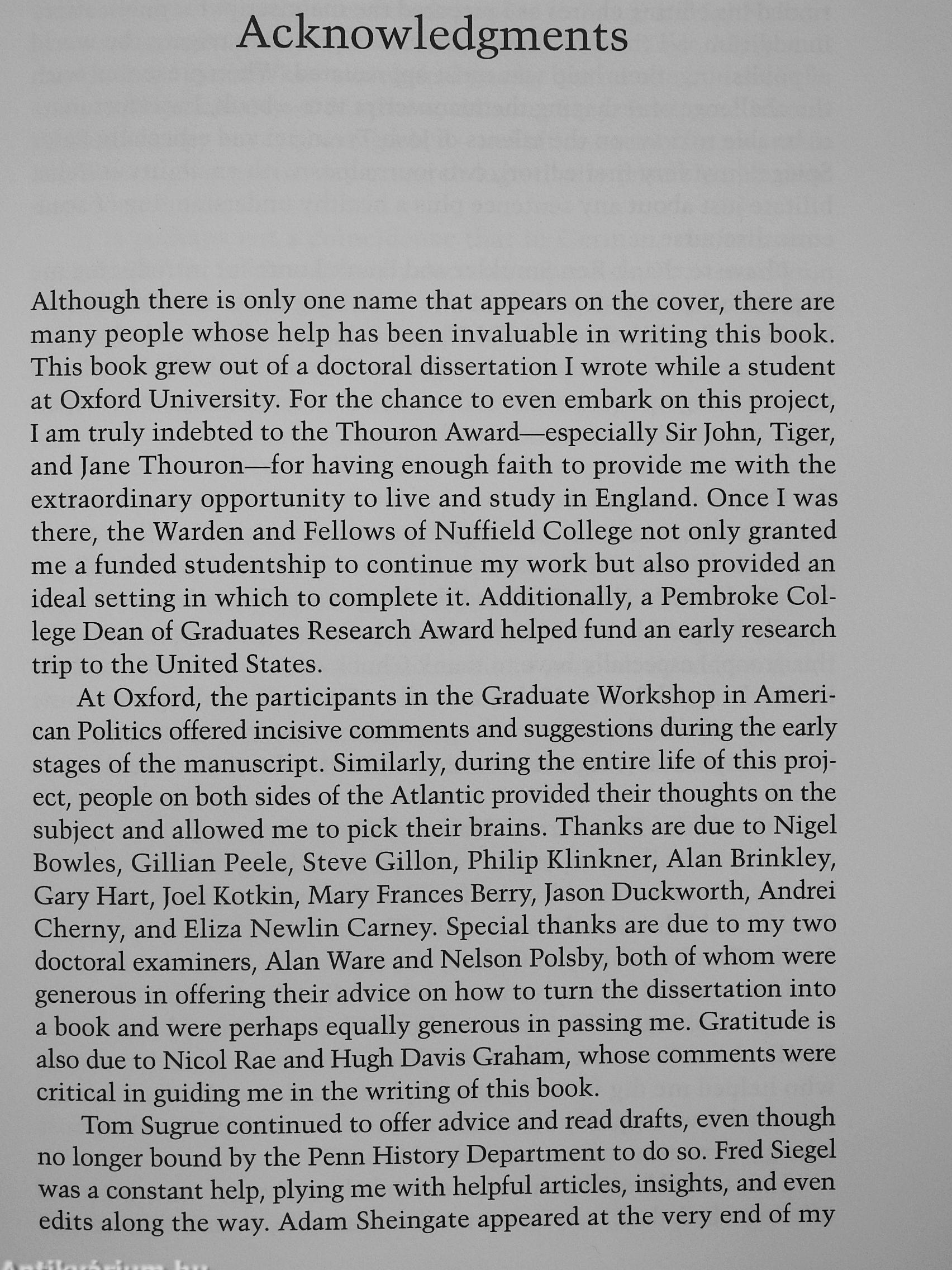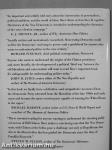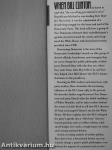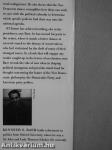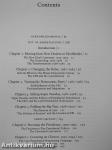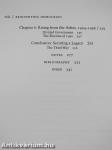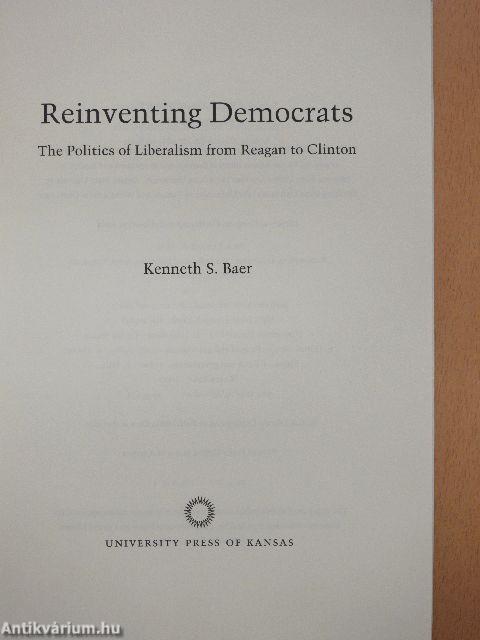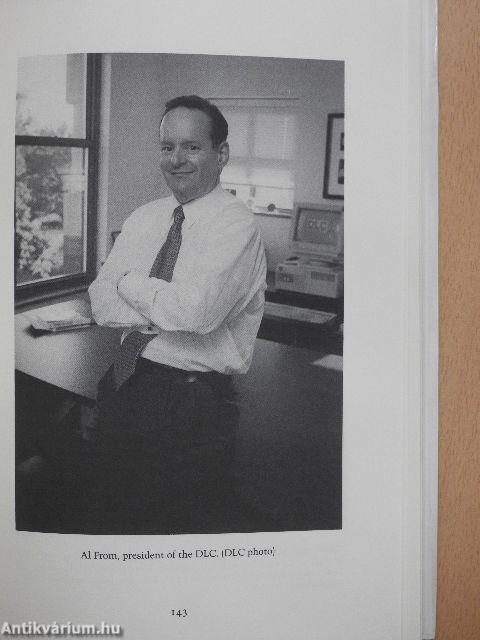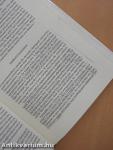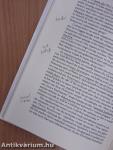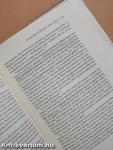1.067.317
kiadvánnyal nyújtjuk Magyarország legnagyobb antikvár könyv-kínálatát

VISSZA
A TETEJÉRE
JAVASLATOKÉszre-
vételek
Reinventing Democrats
The Politics of Liberalism from Reagan to Clinton
| Kiadó: | University Press of Kansas |
|---|---|
| Kiadás helye: | Lawrence |
| Kiadás éve: | |
| Kötés típusa: | Vászon |
| Oldalszám: | 361 oldal |
| Sorozatcím: | |
| Kötetszám: | |
| Nyelv: | Angol |
| Méret: | 24 cm x 16 cm |
| ISBN: | 0-7006-1009-X |
| Megjegyzés: | Fekete-fehér fotókkal. További kapcsolódó személyek a könyvben. |
naponta értesítjük a beérkező friss
kiadványokról
naponta értesítjük a beérkező friss
kiadványokról
Előszó
TovábbFülszöveg
"An important and artfully told story about the intersection of personalities, political ambition, and the world of ideas. Baer shows us how they fit together. His history of the New Democrats is essential to understanding the dynamics of the 2000 election campaign."
E. J. DIONNE, JR., author of Why Americans Hate Politics
"Lucidly written and meticulously researched. Reinventing Democrats could well be the Democrats' road map to power—and a guidebook for anyone who wants to understand politics in the new century."
HOWARD FINE MAN, chief political correspondent, Newsweek
"Anyone who wants to understand the origins of the Clinton presidency and, more broadly, the development of a political 'third way' between the old liberalism and conservatism will want to read Baer's important book. It's indispensable for understanding politics today."
JOHN B. JUDIS, senior editor of The New Republic and author of The Paradox of American Democracy
"In this book we finally have a... Tovább
Fülszöveg
"An important and artfully told story about the intersection of personalities, political ambition, and the world of ideas. Baer shows us how they fit together. His history of the New Democrats is essential to understanding the dynamics of the 2000 election campaign."
E. J. DIONNE, JR., author of Why Americans Hate Politics
"Lucidly written and meticulously researched. Reinventing Democrats could well be the Democrats' road map to power—and a guidebook for anyone who wants to understand politics in the new century."
HOWARD FINE MAN, chief political correspondent, Newsweek
"Anyone who wants to understand the origins of the Clinton presidency and, more broadly, the development of a political 'third way' between the old liberalism and conservatism will want to read Baer's important book. It's indispensable for understanding politics today."
JOHN B. JUDIS, senior editor of The New Republic and author of The Paradox of American Democracy
"In this book we finally have a definitive—and sympathetic—account of how the Democratic Party retreated from the liberalism of the late 1960s and early 1970s and became the more centrist party capable of winning the White House in the 1990s."
MICHAEL BARONE, senior writer at U.S. News & World Report and coauthor of The Almanac of American Politics
"This is essential reading for anyone wanting to understand the stunning political success of Bill Clinton. Baer makes a convincing case that the New Democrats, with Clinton at the helm, pose a challenge not only to Republicans but also to the liberal ethos that has guided the Democrats since the days of Franklin Roosevelt."
STEVEN M. GILLON, author of TTieDemocrais'DiZemmo; Walter F. Móndale and the Liberal Legacy
I declared in
1996 that "the era of big government is over," Republicans felt that he was stealing their thunder. But in fact, it was the culmination of a decade-long struggle for the heart and soul of the Democratic Party. This book tells how a group of New Democrats reformed their enfeebled party's agenda, moved it toward the center, and recaptured the White House with their first two-term president since FDR.
Reinventing Democrats is the story of the Democratic Leadership Council, an elite group of elected officials, benefactors, and strategists that set out to change the public philosophy of their party. Kenneth Baer teUs who they are, where they came from, what they believe in, and how they helped elect Bill Clinton—the DLC's former chairman—to the presidency.
Drawing on DLC archives and interviews with party insiders, Baer chronicles the increasing influence of the DLC from 1985 to the present. He describes battles waged between New Democrats and party liberals after the failed candidacy of Walter Móndale, and he takes readers behind the scenes in Little Rock to teU how DLC director Al From encouraged CUnton's run for the White House. He then explains how the DLC reshaped the party's agenda into a "third way" that embraced positions such as welfare reform, a balanced budget, free trade, a tough stance on crime, and a strong national defense.
In this revealing analysis of insider politics, Baer shows how a determined faction can consciously change a party's public philosophy, even without the impetus of a national crisis or elec-
toral realignment. He also shows that the New Democrat stance exemplifies how ideas can work in sync with the political calendar to determine which specific pohcies find their way onto the national agenda.
If Clinton has achieved nothing else in his presidency, says Baer, he has moved his party to the center, where it stands a better chance to succeed—much to the dismay of conservatives, who feel victimized by the theft of many of their strongest issues. In a book that will engage any reader caught up in the fervor of an election year, Baer reveals the role of new ideas in shaping political stratagems and provides much food for thought concerning the future of the New Democratic philosophy, the Democratic Party, and American party politics.
KENNETH S. BAER holds a doctorate in politics from Oxford University, where he was a Sir John and Lady Thouron Scholar. He currently lives and writes in Washington, D.C.
¦ rj- : (, ' .iJ
- 'IJ ff'^
'''V/V/Ati'
i " 'I ill Vissza
Témakörök
- Idegennyelv > Idegennyelvű könyvek > Angol > Történelem > USA története
- Történelem > Idegennyelvű > Angol
- Történelem > Politika > Belpolitika > Kormányok
- Történelem > Kontinensek szerint > Amerika, amerikai országok története > Észak-Amerika
- Történelem > Legújabb kor > A hidegháború kora (1946-1991)
- Történelem > Legújabb kor > Globalizálódó világ
- Történelem > Politika > Pártok, szervezetek
- Történelem > Politika > Ideológiák > Egyéb



